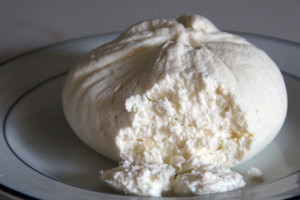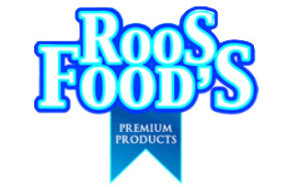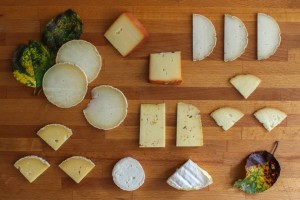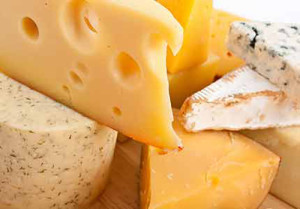Online shopping saves time and provides an enormous product choice, but when buying cheeses, this may lead to a quality compromise, according to a new study from Vetmeduni Vienna.
 According to a German market study, six per cent of all fresh foods sold today are purchased online – and this rate is on the rise. For perishable foods, however, it is necessary to follow certain hygienic rules.
According to a German market study, six per cent of all fresh foods sold today are purchased online – and this rate is on the rise. For perishable foods, however, it is necessary to follow certain hygienic rules.
Dagmar Schoder from the Institute of Milk Hygiene at the Vetmeduni Vienna was interested above all in one especially high-risk food – raw milk cheese. Raw milk cheeses are made from unpasteurised milk, which puts them at a higher risk of microbiological contamination.
Ms Schoder and her colleagues ordered 108 different raw milk cheeses from 21 online retailers in seven European countries (France, Italy, the Netherlands, Germany, Switzerland, Spain and Belgium).
“We chose raw milk cheese because it is a high-risk product. As raw milk is unpasteurised, it can be easily contaminated with harmful bacteria.
“Even a small amount of bacteria, for which raw milk cheese offers ideal growing conditions, can reach critical proportions after a longer ripening, storage and transport time.
“The product is then no longer edible and may even make consumers ill. For this reason, special care must be taken during production, storage and transport,” said Ms Schoder.
The researchers found Listeria monocytogenes in two cheese products: one from France and one from the Netherlands.
The fecal bacteria Escherichia coli was found in 32 products. It indicates poor conditions of hygiene during production. Salmonella were not found in any of the cheese samples.
“Some of the producers apparently have shortcomings in terms of hygiene,” said first author Ms Schoder. “Furthermore, when making online purchases, I recommend consumers to check if a product is adequately packaged and cooled when it arrives.”
The shipping period of the online products was between one and five days.
“Cheese must be cooled,” Ms Schoder stressed. But this was not the case with 61.5 per cent of the raw milk products purchased.
“If raw milk cheese is not cooled, bacteria will grow more quickly. A longer transport journey and improper packaging increase the risk for consumers.”
Only 19 cheeses fulfilled the EU labelling requirements (Directive 2000/13/EC and Regulation 853/2004). Of the cheeses purchased, 37 were not labelled as “raw milk cheese” and 43 labels had no “use by date”. Information on storage requirements was missing in more than half of the cheeses.
 “These cheeses are often made with raw, unpasteurized milk and under unsanitary conditions,” said Dr. Smith. “We are seeing a dramatic increase in the number of reported Salmonella cases, particularly in the Hispanic community.”
“These cheeses are often made with raw, unpasteurized milk and under unsanitary conditions,” said Dr. Smith. “We are seeing a dramatic increase in the number of reported Salmonella cases, particularly in the Hispanic community.” 







